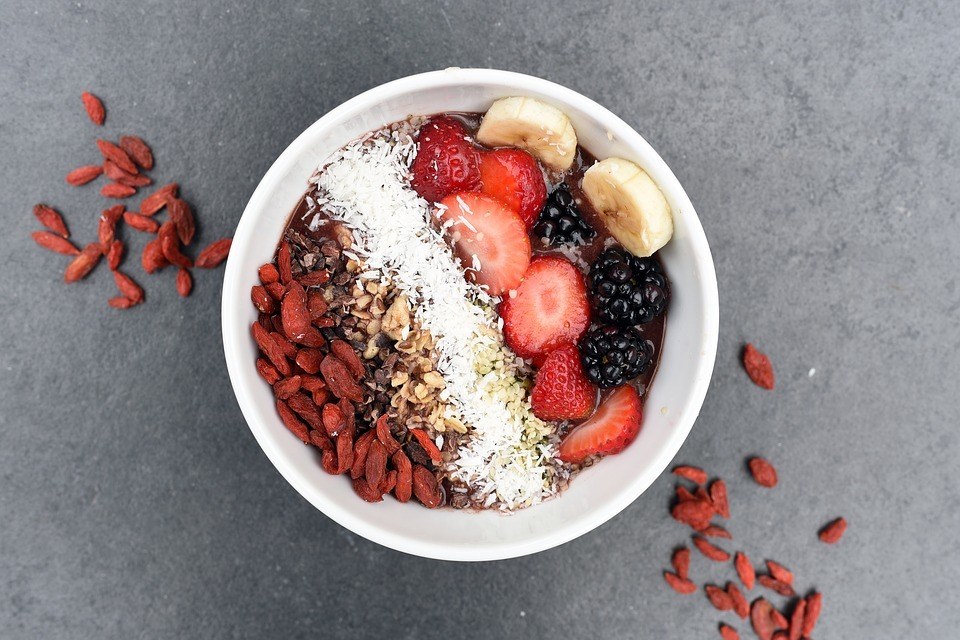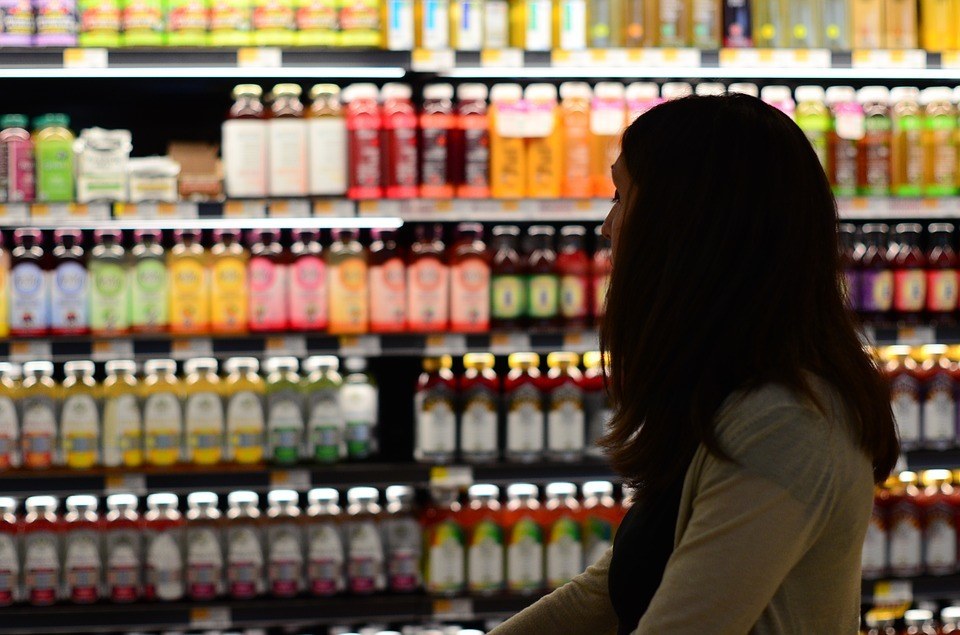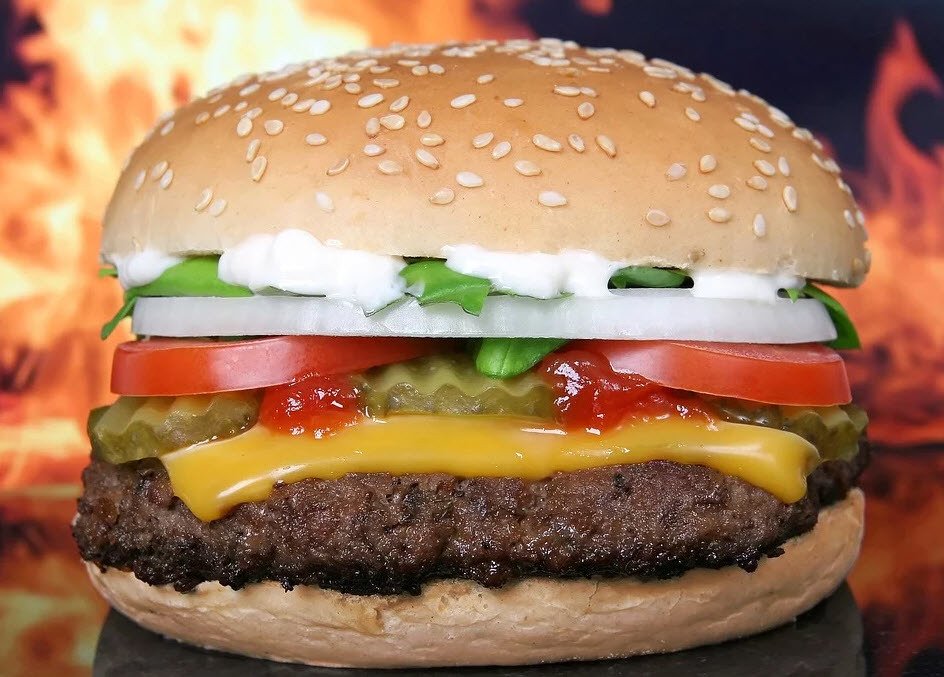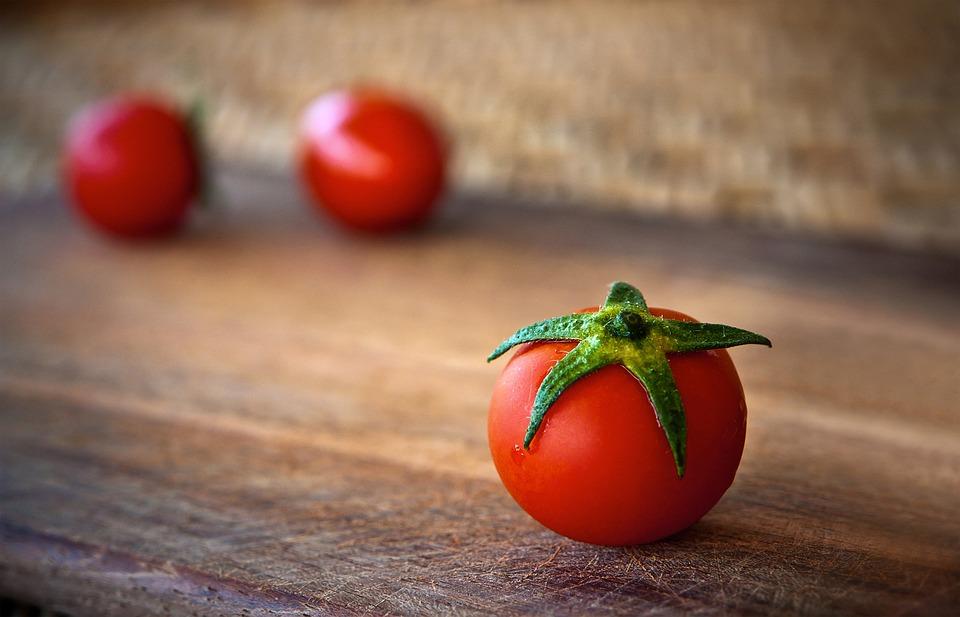We've all got two wolves in us, a good one and a bad, and they both want to eat. The best I can tell we just gotta feed that good one a little more than the other one.
Happiness is an emotional response to an outcome. If I win, I will be happy. If I don't, I won't. It's an if then, cause and effect, quid pro quo standard that we cannot sustain because we immediately raise it every time we attain it. You see happiness, happiness demands a certain outcome, it is result reliant. And I say, if happiness is what you're after, then you're going to be let down frequently and you're going to be unhappy much of your time.
Joy though, joy's a different thing, it's something else. Joy is not a choice, it's not a response to some result, it's a constant. Joy is the feeling that we have from doing what we are fashioned to do no matter the outcome. Now personally, as an actor, I started enjoying my work and literally being more happy when I stopped trying to make the daily labor a means to a certain end.
For example, I need this film to be a box office success. I need my performance to be acknowledged. I need the respect of my peers. All of those are reasonable aspirations, but the truth is as soon as the work, the daily making of the movie, the doing of the deed became the reward in itself for me, I got more box office, more accolades and respect than I ever had before. See, joy is always in process. It's under construction. It is in constant approach alive and well in the doing of what we're fashioned to do and enjoying.
The easiest way to dissect success is through gratitude. Giving thanks for that which we do have for what is working. Appreciating the simple things we sometimes take for granted. We give thanks for these things and that gratitude reciprocates, creating more to be thankful for. It's really simple and it works.
I'm not saying be in denial of your failures. No, we can learn from them too, but only if we look at them constructive as a means to reveal what we are good at, what we can get better at, what we do succeed at.
life's a verb. We try our best. We don't always do our best. And since we are the architects of our own lives, let's study the habits, the practices, the routines that we have that lead to and feed our success, our joy, our honest pain, our laughter, our earned tears. Let's dissect that and give thanks for those things. And when we do that, guess what happens? We get better at them and we have more to dissect. It's a get rich quick on the internet, riches, 15 minutes of fame world that we live in and we see it every day, but we all want to succeed, right?
So the question that we've got to ask ourselves is what success is to us? What success is to you? Is it more money? That's fine. I've got nothing against money. Maybe it's a healthy family, maybe it's a happy marriage, maybe it's to help others, to be famous, to be spiritually sound, to leave the world a little bit better place than you found it. Continue to ask yourself that question. Now your answer may change over time and that's fine. But do yourself this favor. Whatever your answer is, don't choose anything that will jeopardize soul. Prioritize who you are, who you want to be, and don't spend time with anything that antagonizes your character. Don't drink the Koolaid man, it tastes sweet, but you will get cavities tomorrow. Life is not a popularity contest.
Be brave. Take the Hill. But first answer that question. What's my Hill? Well, for me it's a measurement of a five things. We got fatherhood, we got being a good husband, we got my health, mind body and spirit, we got career and we have friendships. These are what's important to me in my life right now. Because I want to keep all five in healthy shape and I know that if I don't take care of them, if I don't keep up maintenance on them, one of them is going to get weak. It's gonna dip too deep into the debit section. It's going to go bankrupt, it's going to get sick, die.
So first we have to define success for ourselves and then we have to put in the work to maintain it. Take that daily tally, tend our garden, keep the things that are important to us in good shape. Defining ourselves by what we are not is the first step that leads us to really know who we are.
You know that group of friends that you hang out with that it really might not bring out the best in, you know they, they gossip too much or that kind of shady. They really aren't going to be there for you in a pinch. Or how about that bar that we keep going to that we always seem to have the worst hangover from. Or that computer screen right? That computer screen that keeps giving us an excuse not to get out of the house and engage with the world and get some real human interaction. Or how about that food that we keep eating and stuff that tastes so good going down, it makes us feel like crap the next week, and we feel lethargic and we keep putting on weight.
Well, those people, those places, those things, stop giving them your time and energy. Just don't go there. I mean put them down and when you do this, when you do put them down, when you quit, go in there and you quit giving them your time, you inadvertently find yourself spending more time and in more places that are healthy for you that bring you more joy.
Why? Because you just eliminated the who's, the where's, the what's, the when's that were keeping you from your identity. Trust me, too many options, I promise you, the too many options will make a tyrant of us all. So get rid of the excess, the wasted time. Decrease your options. If you do this, you will have accidentally almost innocently put in front of you what is important to you, by process of elimination. Knowing who we are is hard. It's hard. Give yourself a break. Eliminate who you are, not first and you're going to find yourself where you need to be.
Make voluntary obligations. I'm talking about the ones that we make with ourselves, with our God, with our own consciousness. I'm talking about the you versus you obligations. We have to have them. These are not societal laws and expectations that we acknowledge and endow for anyone other than ourselves. These are faith based obligations that we make on our own. These are not the lowered insurance rates for a good driving record. You will not be fined and put in jail if you do not gratify these obligations I speak of. No one else covers these, but you. They are your secrets with yourself, your own private counsel, personal protocols. And while nobody throws you a party, when you abide by them, no one's going to arrest you when you break them either, except yourself. And honest man's pillow is his peace of mind. And when you lay down on that pillow at night, no matter who's in your bed, we all sleep alone.
These are your personal Jimminy crickets, and there are not enough cops in the entire world to police them. It's on you. It's on you. We do our best when our destinations are beyond the measurement, when our reach continually exceeds our grasp and when we have immortal finish lines. And when we do this, the race is never over. The journey has no port. The adventure never ends because we are always on the way. So do this, do this, and let them, let somebody else come up and tap you on the shoulder and say, Hey, you scored. Let them run up and tap you on the shoulder and say, man, you won. Let them come tell you, you can go home now. Let them say, I love you too. Let them say thank you. Take the lid off the manmade roots that we put above ourselves and always play like an underdog.










